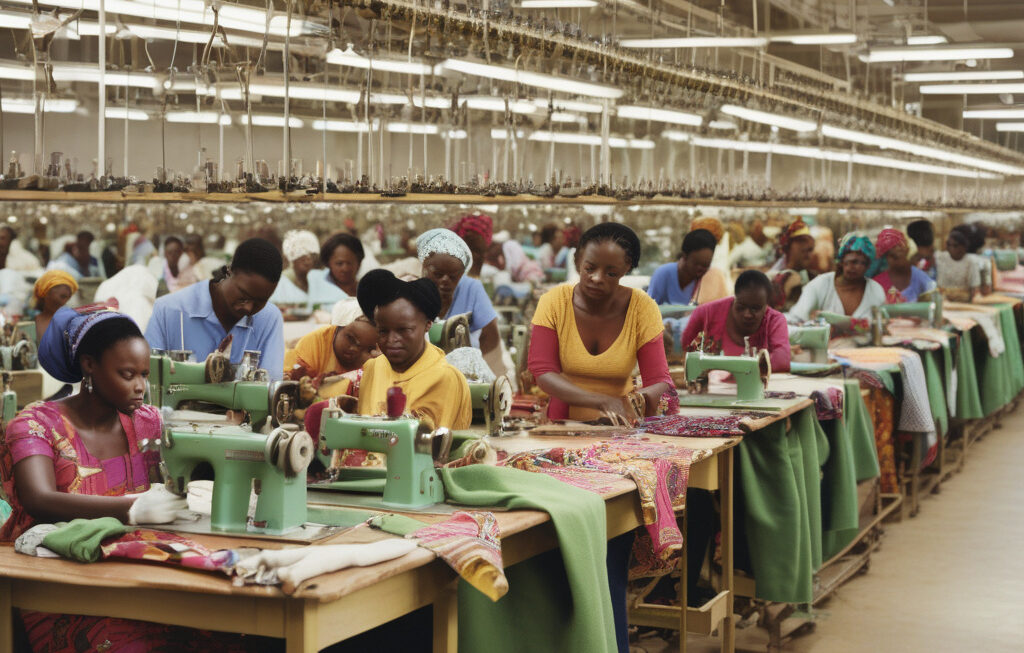US Tariffs on Vietnam Could Significantly Impact Nike and Sportswear Industry
Nike, the global sportswear giant, has long been synonymous with innovation, quality, and style. However, recent developments in US trade policies threaten to shake the foundation of its supply chain. The proposed tariffs on Vietnam, a key manufacturing hub for Nike, could have far-reaching implications not only for the company but also for the entire sportswear industry.
In its 2024 fiscal year annual report, Nike revealed that it produced 50 percent of its footwear and 28 percent of its apparel in Vietnam. This substantial reliance on Vietnamese manufacturing facilities underscores the vulnerability of Nike to any disruptions in the region. With the US considering imposing tariffs on Vietnamese goods as part of a broader trade strategy, Nike and other sportswear brands could face increased production costs, supply chain challenges, and ultimately, higher prices for consumers.
The potential impact of US tariffs on Vietnam extends beyond Nike’s bottom line. Other major sportswear brands that have significant operations in the country, such as Adidas, Puma, and Under Armour, would also feel the ripple effects of such a policy shift. These companies have established extensive supply chains in Vietnam to take advantage of its skilled workforce, efficient production processes, and strategic location within the global trade network.
Furthermore, the sportswear industry as a whole has been grappling with supply chain disruptions, raw material shortages, and logistical bottlenecks in the wake of the COVID-19 pandemic. The imposition of tariffs on Vietnamese goods would only exacerbate these challenges, forcing companies to rethink their sourcing strategies, production timelines, and pricing models.
To mitigate the potential impact of US tariffs on Vietnam, Nike and other sportswear brands may need to explore alternative manufacturing locations, diversify their supplier base, renegotiate contracts, or pass on the increased costs to consumers. However, such adjustments are easier said than done and could take months, if not years, to implement effectively.
Moreover, the specter of trade tensions between the US and Vietnam could cast a shadow of uncertainty over the entire sportswear industry, leading to hesitancy among investors, customers, and stakeholders. The interconnected nature of global supply chains means that any disruptions in one part of the world can have far-reaching consequences across multiple industries and regions.
In conclusion, the potential imposition of US tariffs on Vietnam represents a significant threat to Nike, as well as to other sportswear brands that rely on the country for manufacturing. The interconnectedness of the global economy means that actions taken in one part of the world can reverberate across industries and geographies, underscoring the need for strategic foresight, agile decision-making, and proactive risk management in the face of uncertainty.
#Nike #Sportswear #UStariffs #Vietnam #SupplyChain











